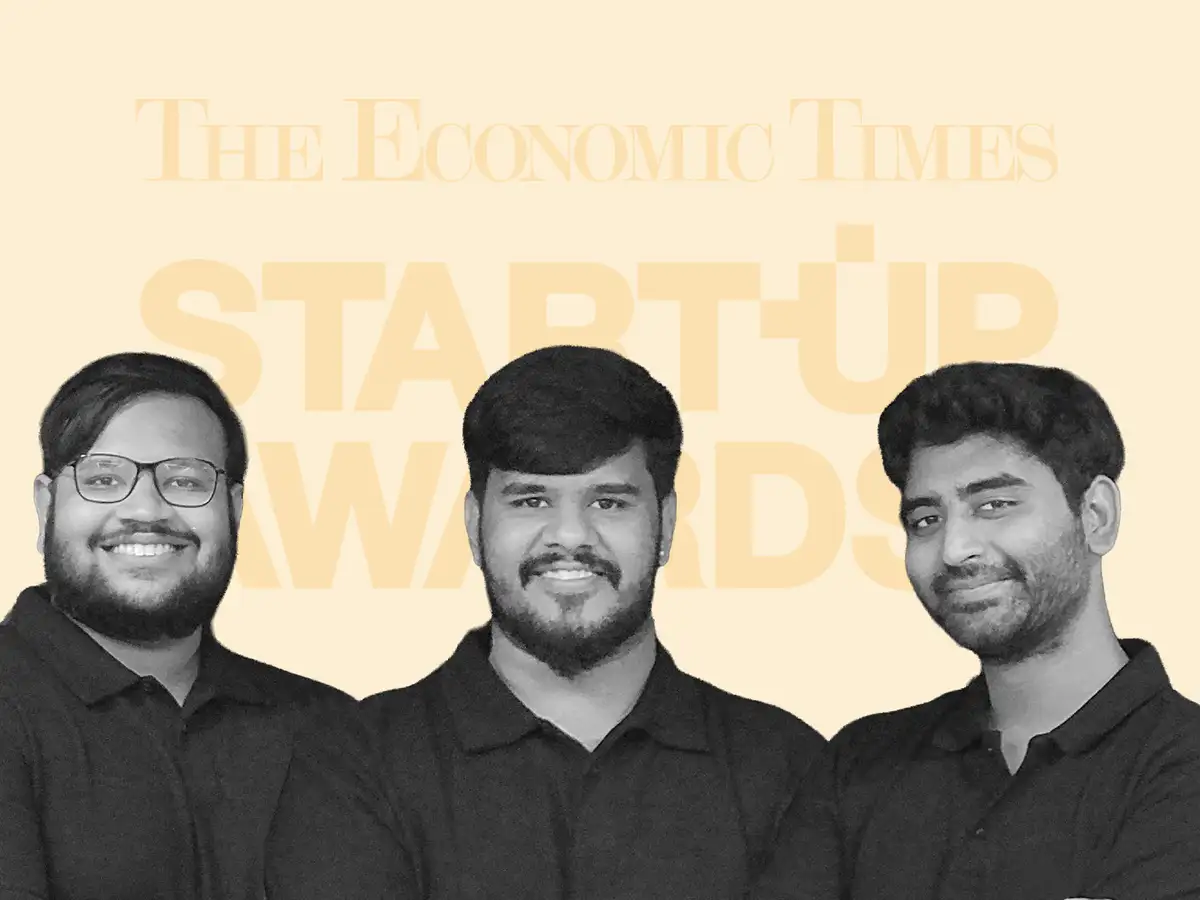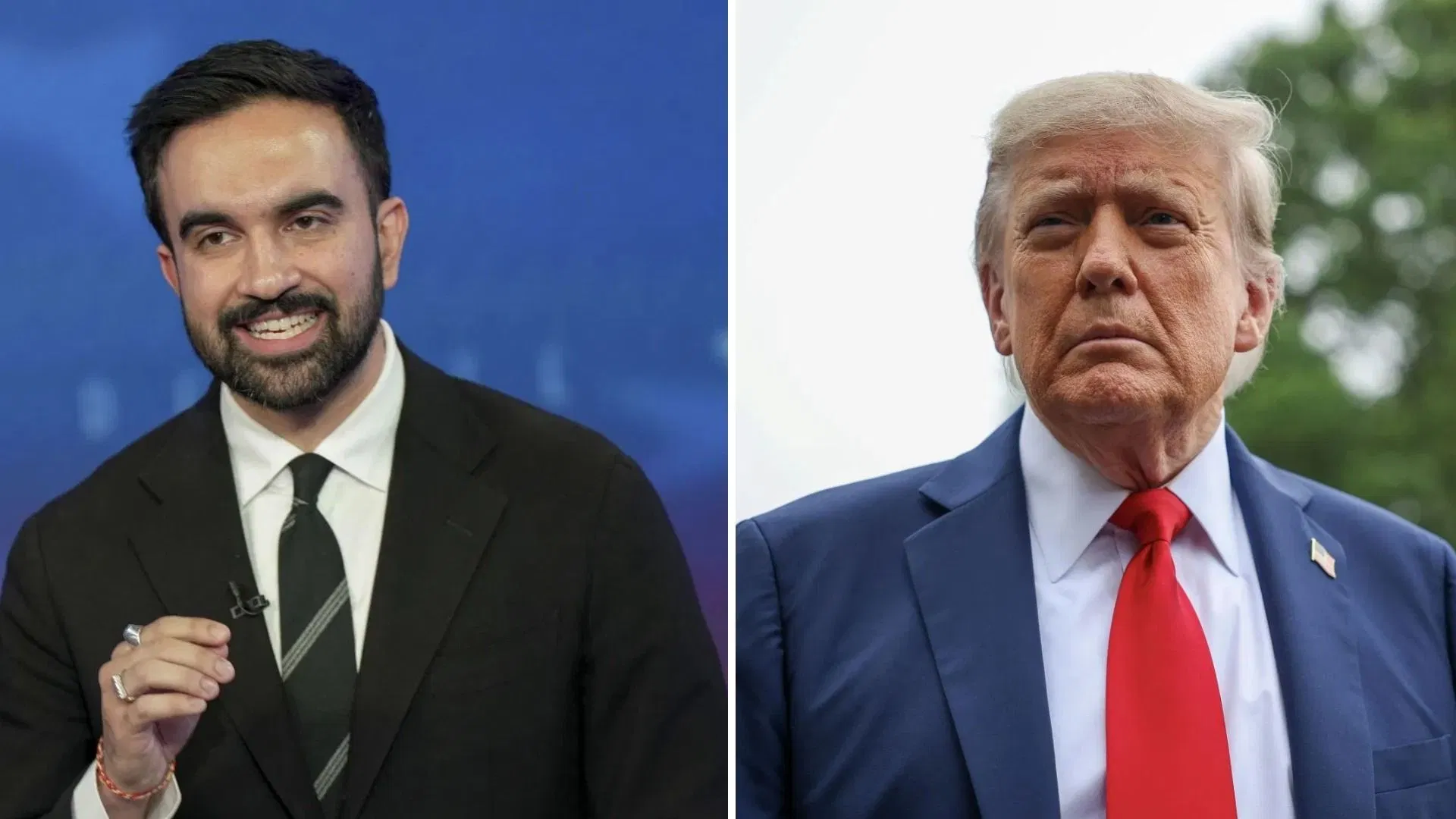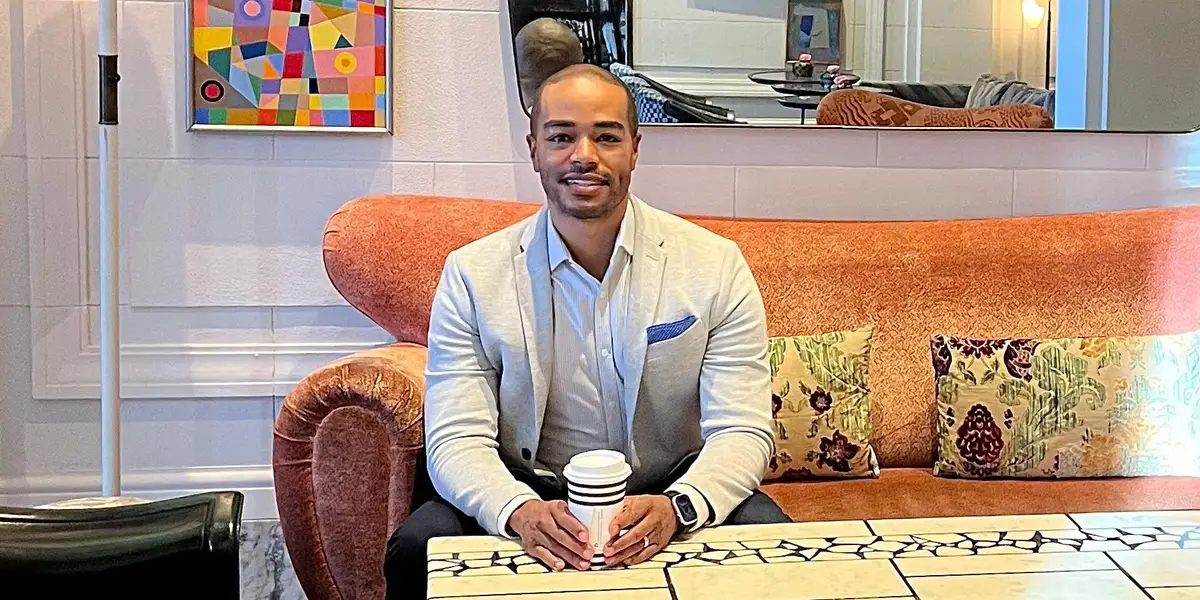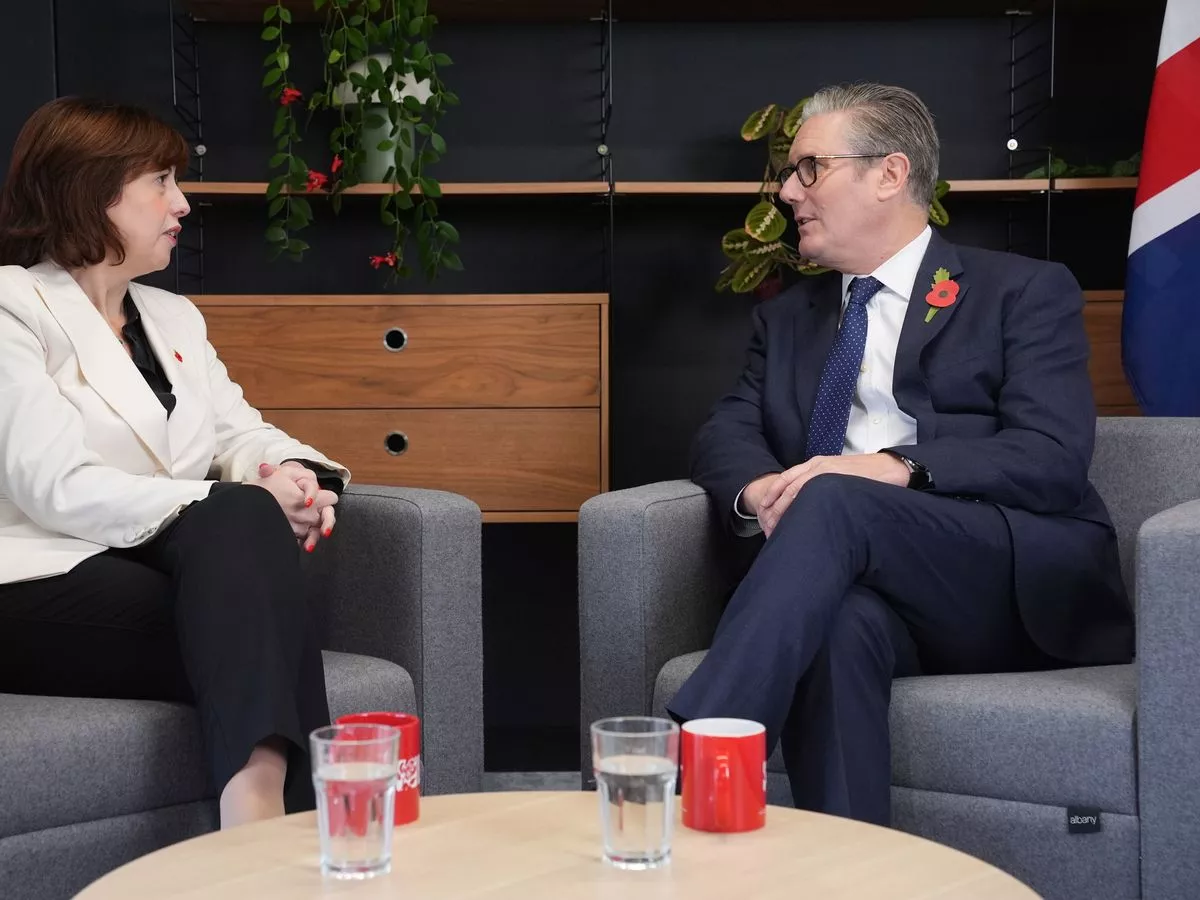Copyright thehindu
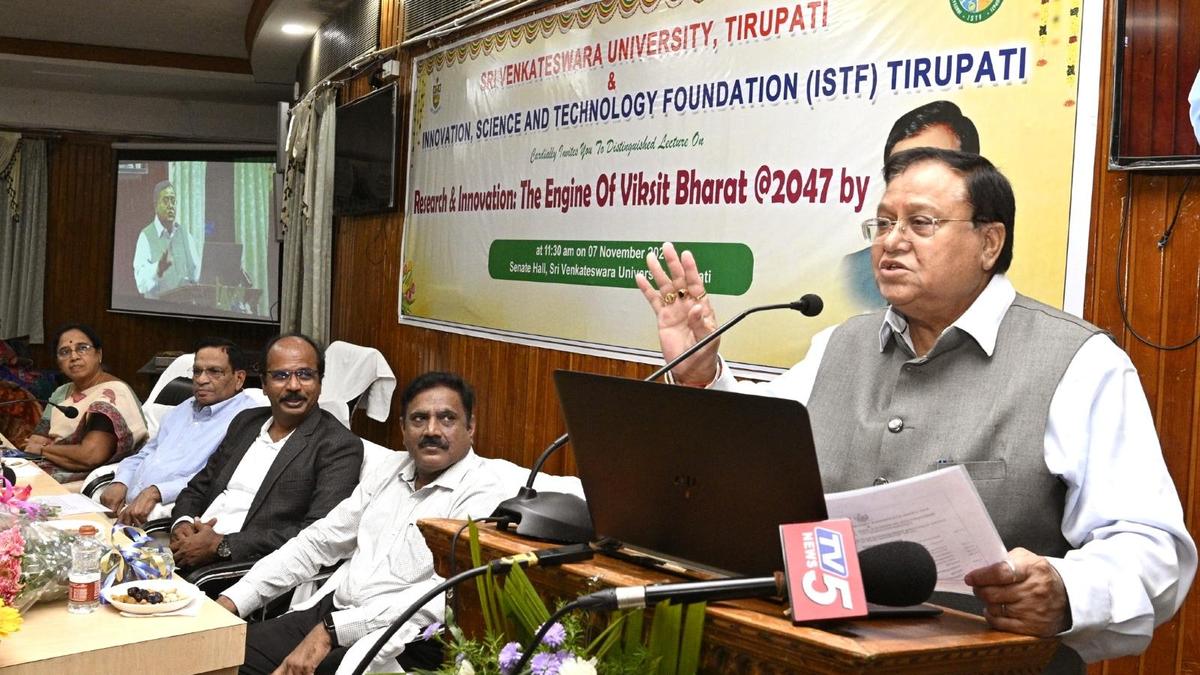
Niti Aayog member and eminent missile scientist V.K. Saraswat has underscored the challenges on India’s path to becoming a ‘Viksit Bharat’ (developed nation) by 2047. Addressing students and research scholars of Sri Venkateswara University on “Research and Innovation: The Engine of Viksit Bharat @ 2047” at a programme organised in association with the Innovation Science and Technology Foundation (ISTF) in Tirupati on Friday, Dr. Saraswat identified brain drain, slow technology transfer, research publication bias, inadequate research culture, limited interdisciplinary research, paucity of funds, lack of autonomy, and weak industry-academia collaboration as major bottlenecks in achieving development through science and technology. He called for increasing R&D spending to 2–3% of GDP, encouraging private investment through the PPP mode, and providing tax incentives for startups in emerging technology domains. Strengthening global R&D collaborations, he said, would help India leverage international funding opportunities and expertise. Dr. Saraswat also advocated reforms in STEM education, emphasising the inclusion of AI, robotics, and coding at the school level to nurture early scientific curiosity. While noting a healthy participation of women in STEM courses up to the graduate level, he pointed to a decline at advanced stages, describing it as an “emerging sociological gap.” The former Director-General of DRDO identified scientific leadership, entrepreneurship, a sustainable and eco-friendly ecosystem, and youth-led innovation from universities as the four pillars of Viksit Bharat. Against this backdrop, he urged science students to seize opportunities in emerging areas such as biotechnology, semiconductors, and artificial intelligence. ISTF president D. Narayana Rao highlighted the potential of quantum navigation without GPS, urging the government to act early to capture the technology frontier. Although it might take five to ten years and require significant investment, he said India could establish a strong global lead. He also recalled that the government of India had earmarked ₹50,000 crore for the Anusandhan National Research Foundation (ANRF) to promote collaboration among universities, research institutions, government, and industry. SVU Vice-Chancellor Tata Narasinga Rao reminisced about his long association with Dr. Saraswat during their DRDO days. SPMVV Vice-Chancellor V. Uma, ISTF Secretary T. Narayana Rao, and SVU Dean C. Chendrayudu also spoke.
